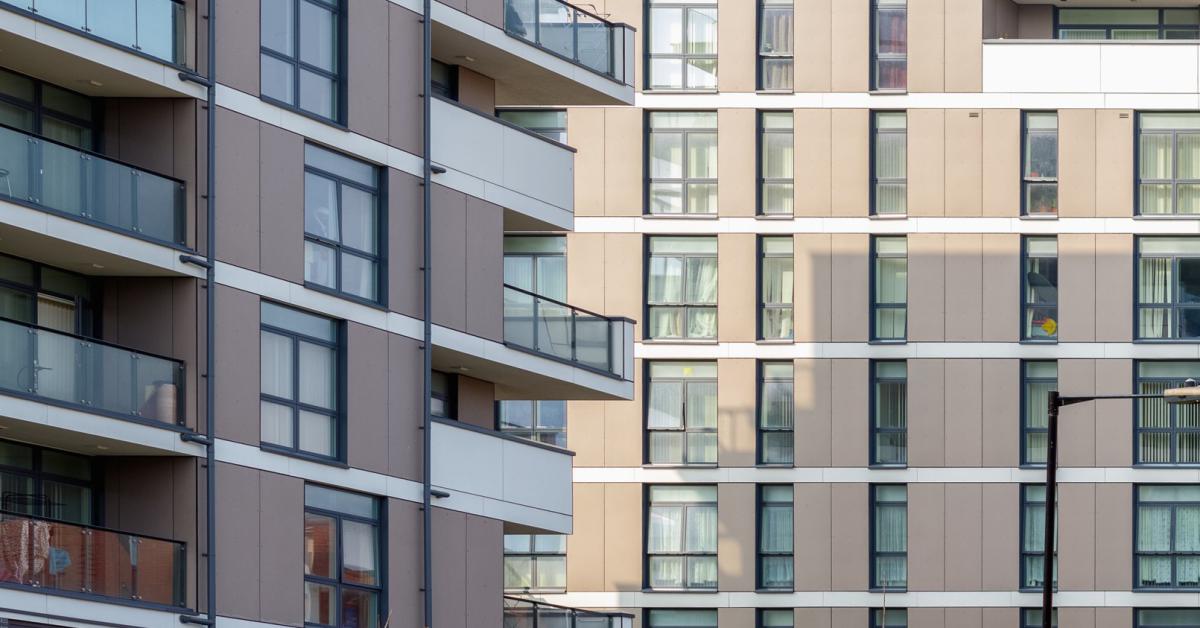

Leasehold reform: What to expect when Parliament returns
Reforming the centuries-old leasehold system was always going to take time, but a legal challenge could cause fresh delays. A High Court judgment is expected in the coming weeks which will determine the Government’s next steps – but where does this leave landlords? Public Affairs manager Eleanor Bateman takes a deep dive.
Landlords hoping for clarity on leasehold reform may have to wait a little longer due to a legal challenge, mounted last year, which is delaying progress.
Despite the Leasehold and Freehold Reform Act (LAFRA) gaining Royal Assent under the previous government, more than a year later just a handful of sections are in force.
The Government announced back in November 2024 that “serious flaws” in the LAFRA would require primary legislation to resolve, and a draft Leasehold and Commonhold Reform Bill was promised in the second half of 2025.
But it’s a legal challenge by freeholders that is adding further complexity to the reforms and casting some doubt over the future of the LAFRA and the timetable for reforms more broadly.
The case has been brought by major freeholders including Grosvenor and charitable freeholder John Lyon’s Charity.
They argue that the LAFRA’s proposed changes – particularly around lease extension calculations – violate their rights under the European Convention on Human Rights (ECHR) by interfering with property rights and failing to provide adequate compensation.
The claimants have warned that reforms could cost them hundreds of millions of pounds, with knock-on effects for charitable work.
However, critics have pointed to the lack of leaseholder representation at the recent High Court hearing and argue that the challenge could significantly impede vital reforms that leaseholders have waited years for.
Next steps hang in the balance?
The Government has said it will robustly defend the legislation in court, and a judgment is expected in the coming weeks. However, the Government may opt to delay publication of more contentious areas of reform until the legal outcome is known.
What happens next could therefore depend on the court’s decision.
If the Government wins, it’s likely to press ahead with implementation, with plans to reform lease extension calculations and abolish marriage value anticipated.
If the claimants win, the Government will need to amend parts of the Act, potentially delaying reform significantly.
Either way, the court’s decision will shape the scope and speed of leasehold reform in the months ahead.
Consultations continue
While the legal process affects core parts of the LAFRA, the Government is pushing forward with consultations on less contested areas of reform, including:
-
A new legal framework to improve transparency of service charges and management practices.
-
Mandatory qualifications for property managing agents in England — with views also sought on a similar approach for Wales.
The consultation closes on 26th September 2025, and leaseholders, freeholders and agents are encouraged to respond to help shape practical and proportionate regulation.
What’s actually changed so far?
Although some of the more substantial areas of reform are yet to come, measures to scrap the ‘two-year rule’ to extend or buy a freehold are now in place. Right to Manage (RTM) reforms also have expanded eligibility and automatic liability for freeholders’ legal fees has ceased.
These changes strengthen leaseholder rights and reduce legal and financial barriers to taking control of a building.
What has the Government committed to?
In a written statement to Parliament late last year, Housing Minister, Matthew Pennycook, set out the sequencing for the reforms, elements of which seem now to have slipped.
The Government had intended to publish a consultation on valuation rates for lease extension (following removal of marriage value) by summer 2025, but this is yet to materialise.
The draft Leasehold and Commonhold Reform Bill had been promised in the second half of 2025, but the legal challenge may hinder progress. The Bill is set to bring in Law Commission recommendations on reinvigorating commonhold as an alternative to leasehold ownership and introduce new restrictions on leasehold flats.
The Government has said the goal is to “bring the feudal leasehold system to an end”, but a clear reform timeline depends heavily on the court’s decision.

